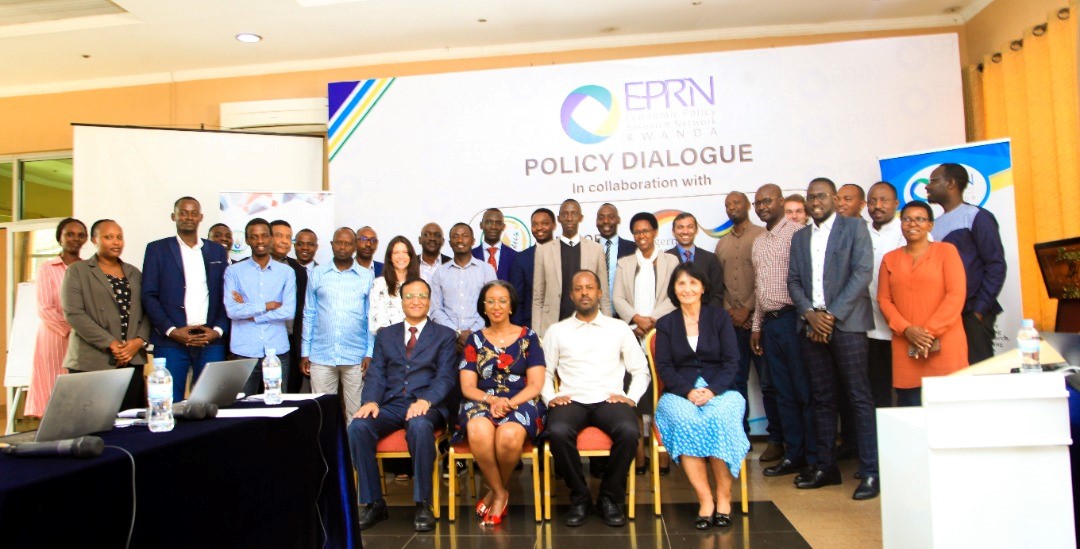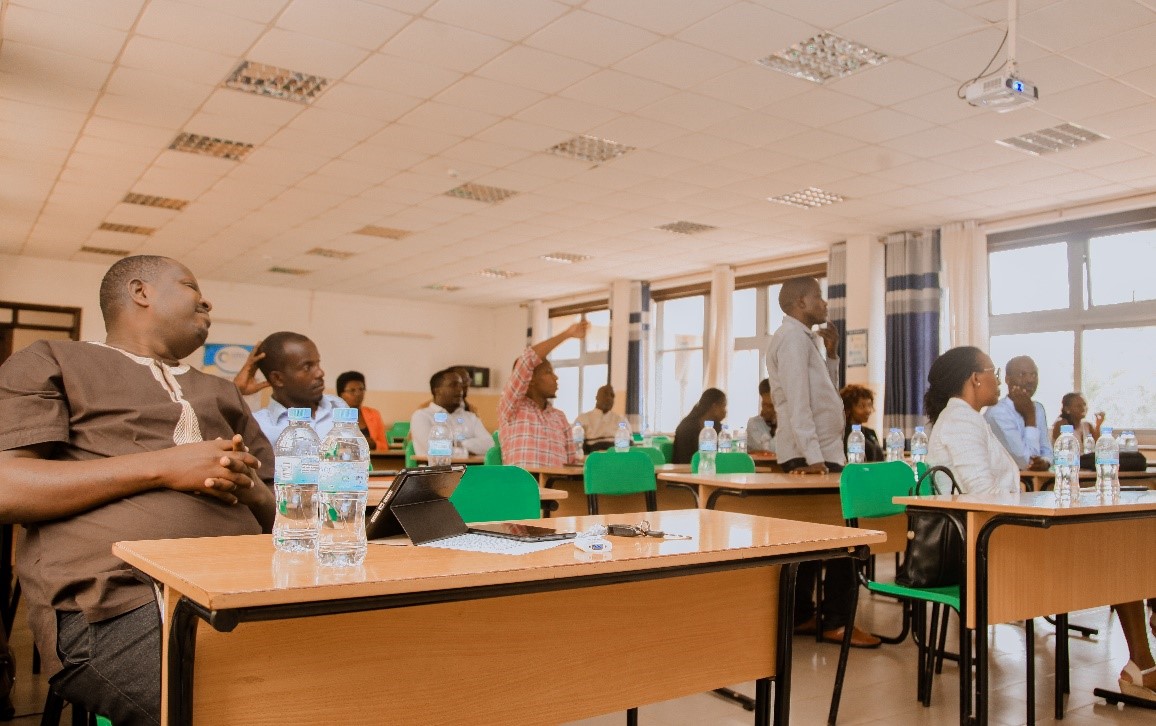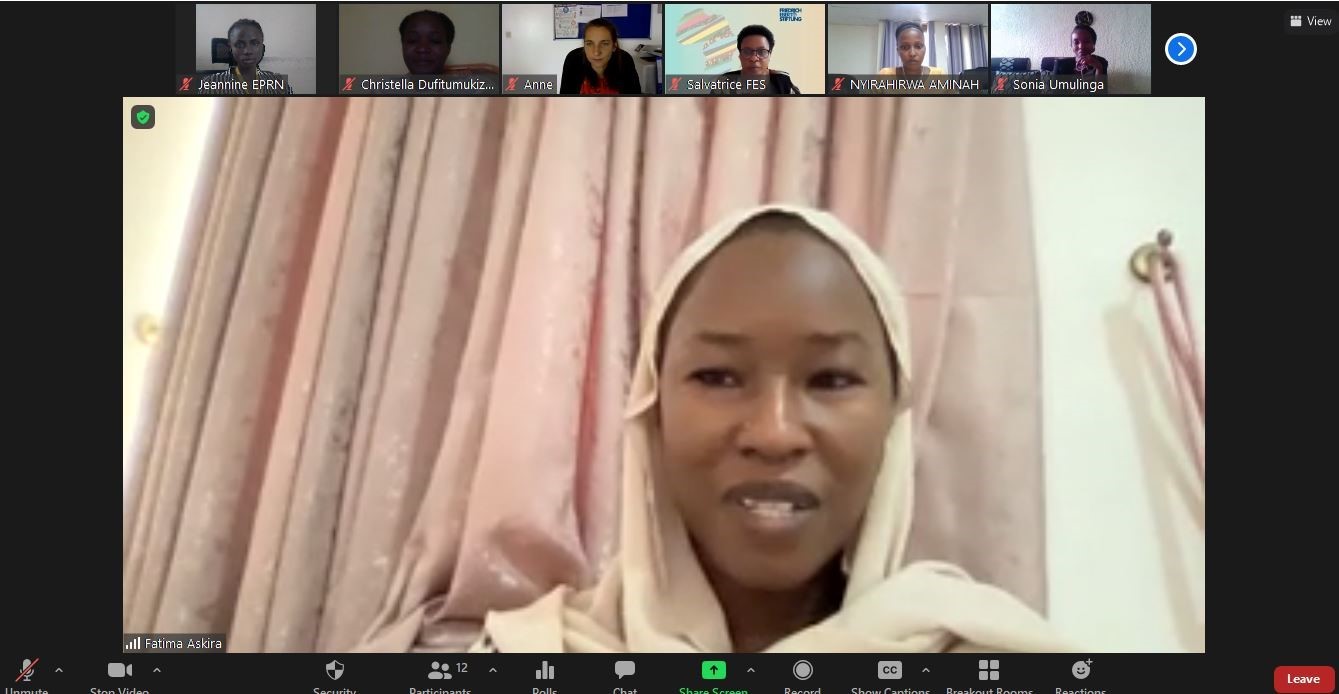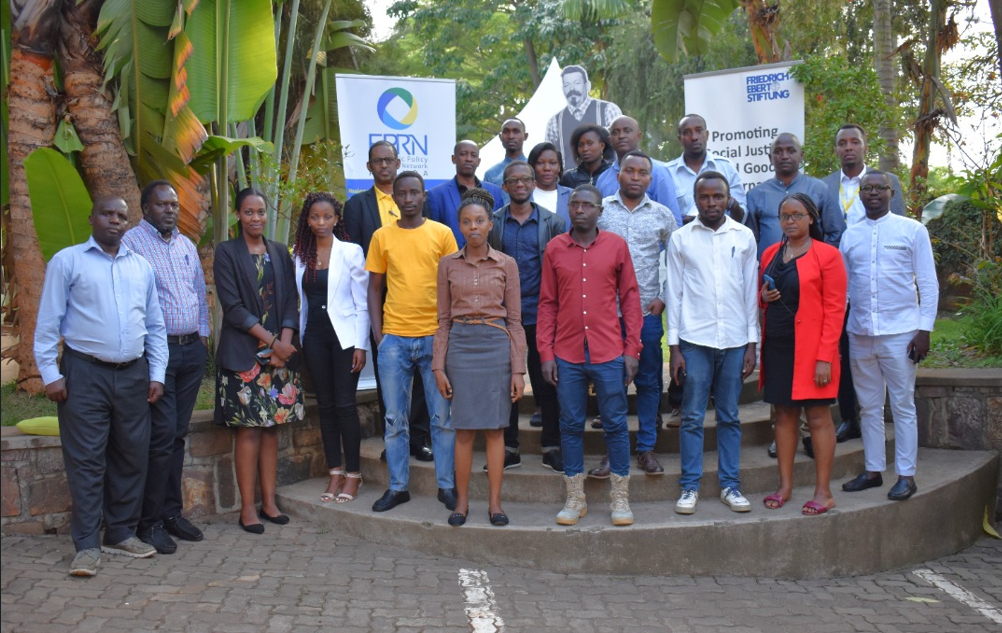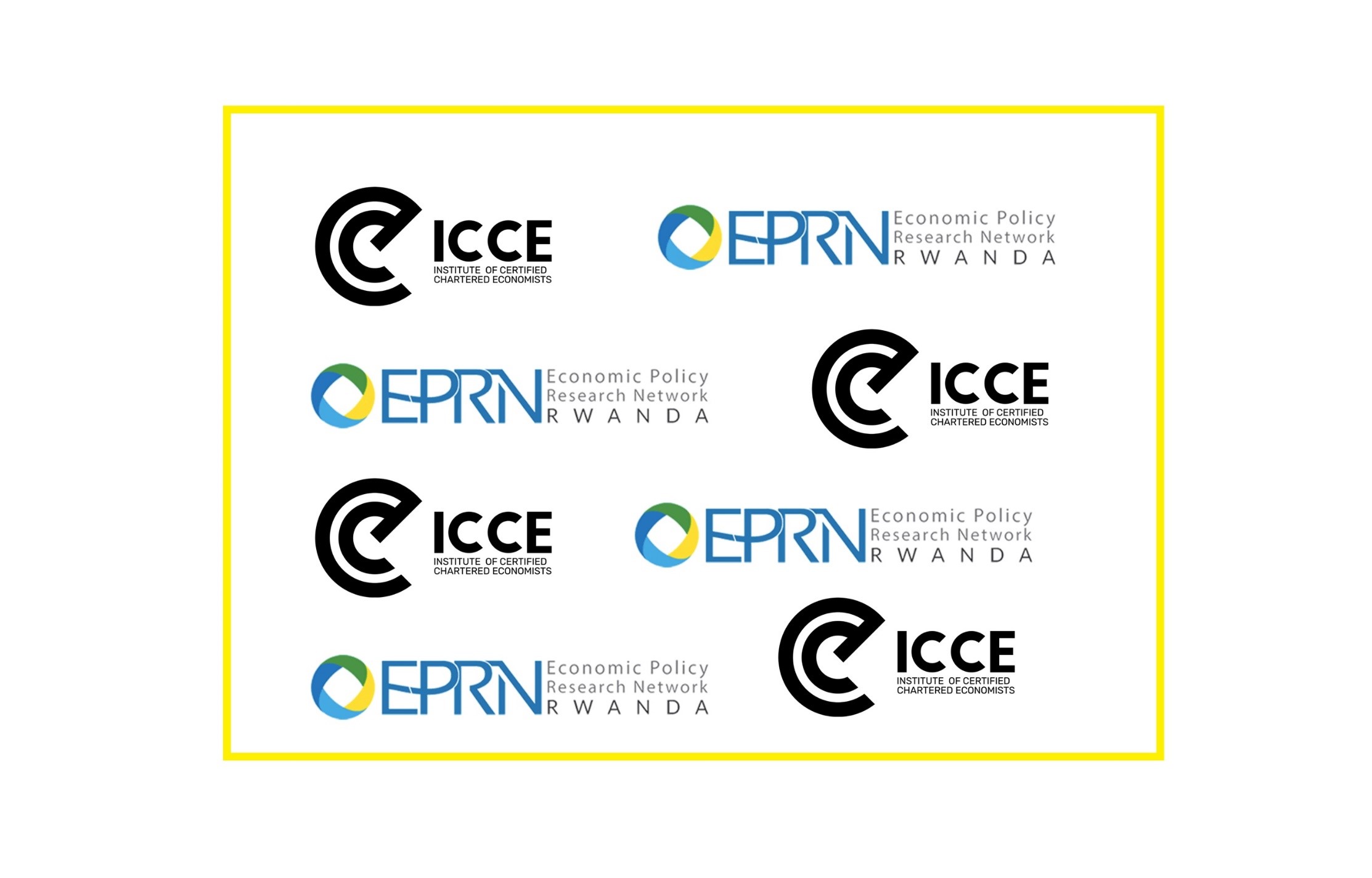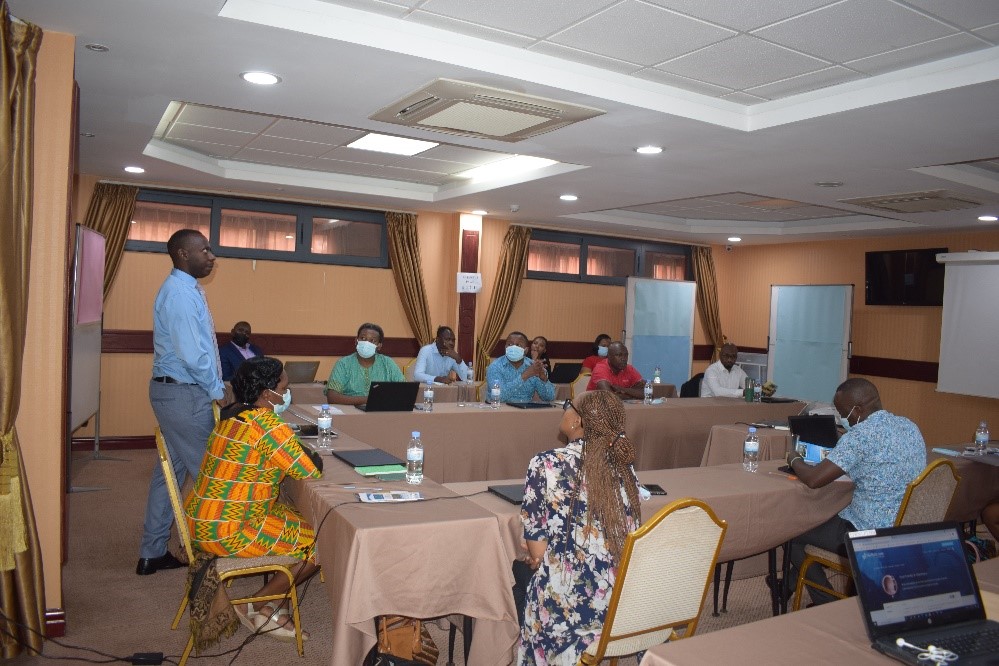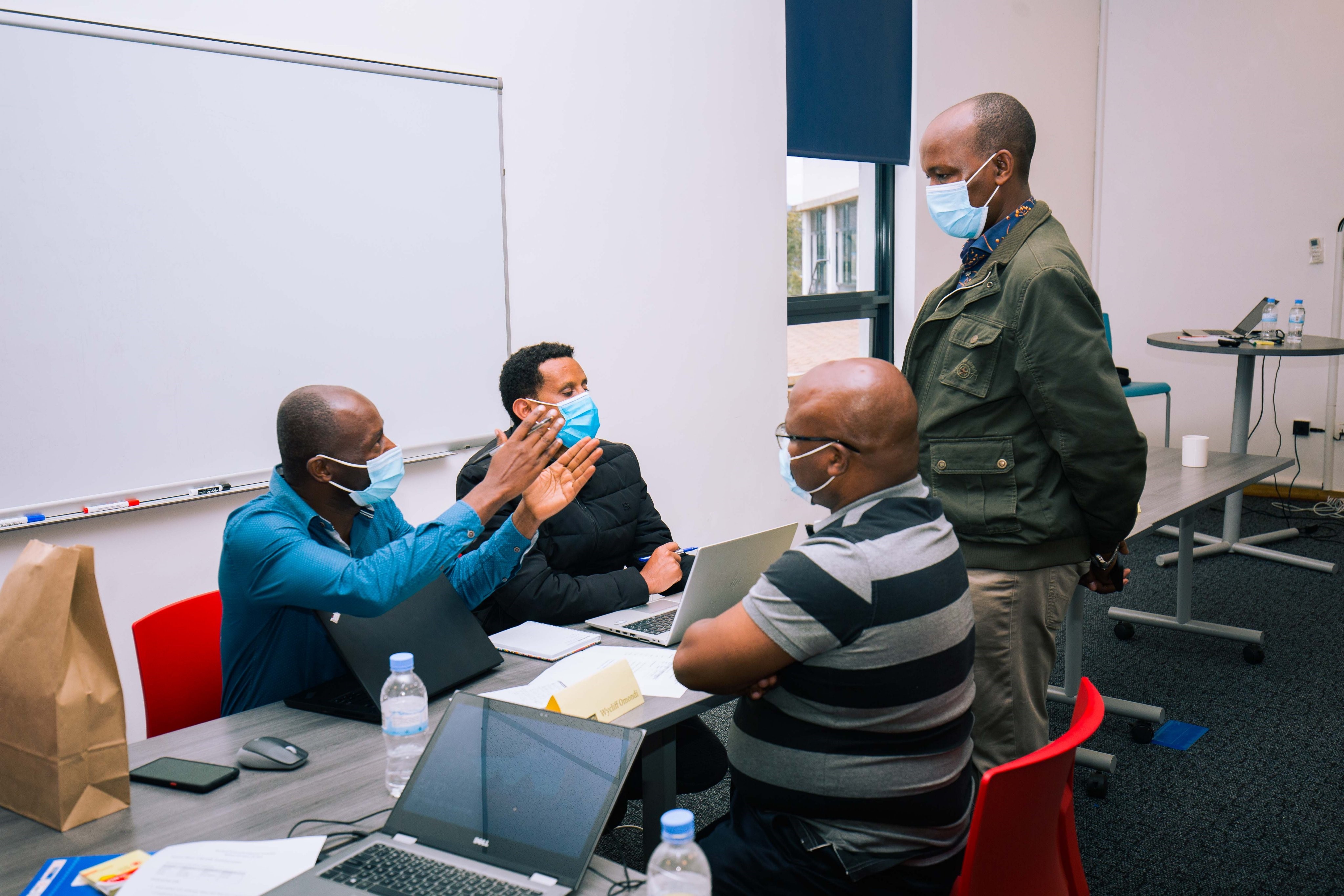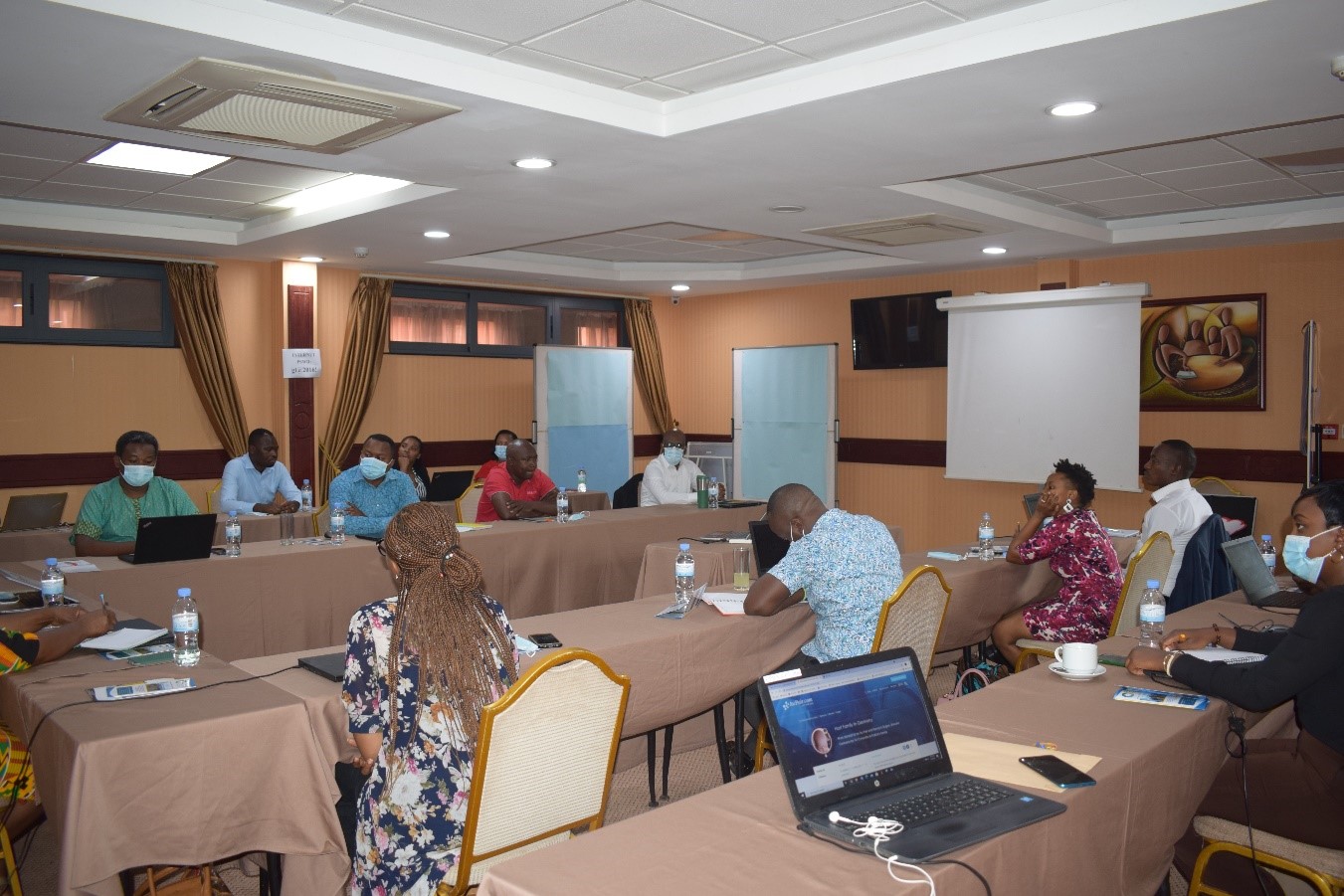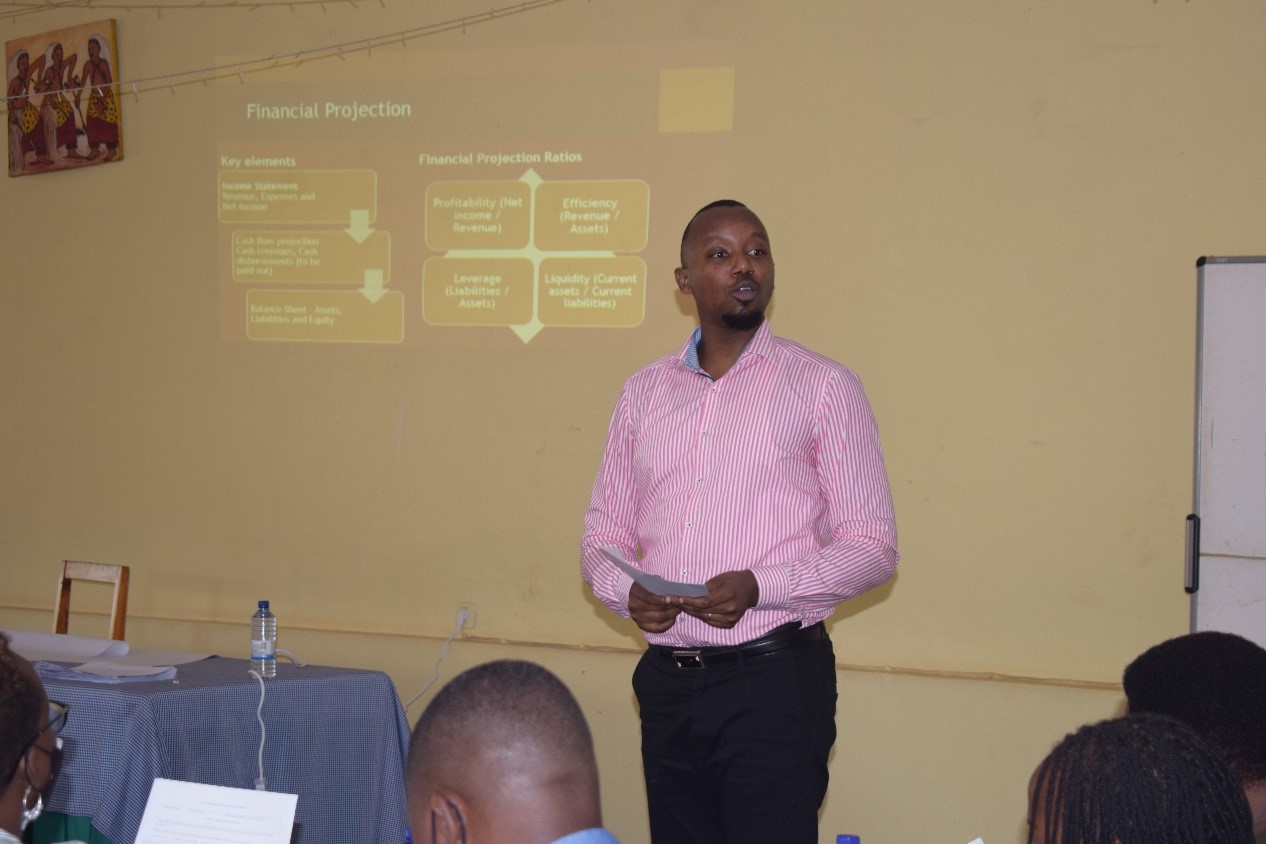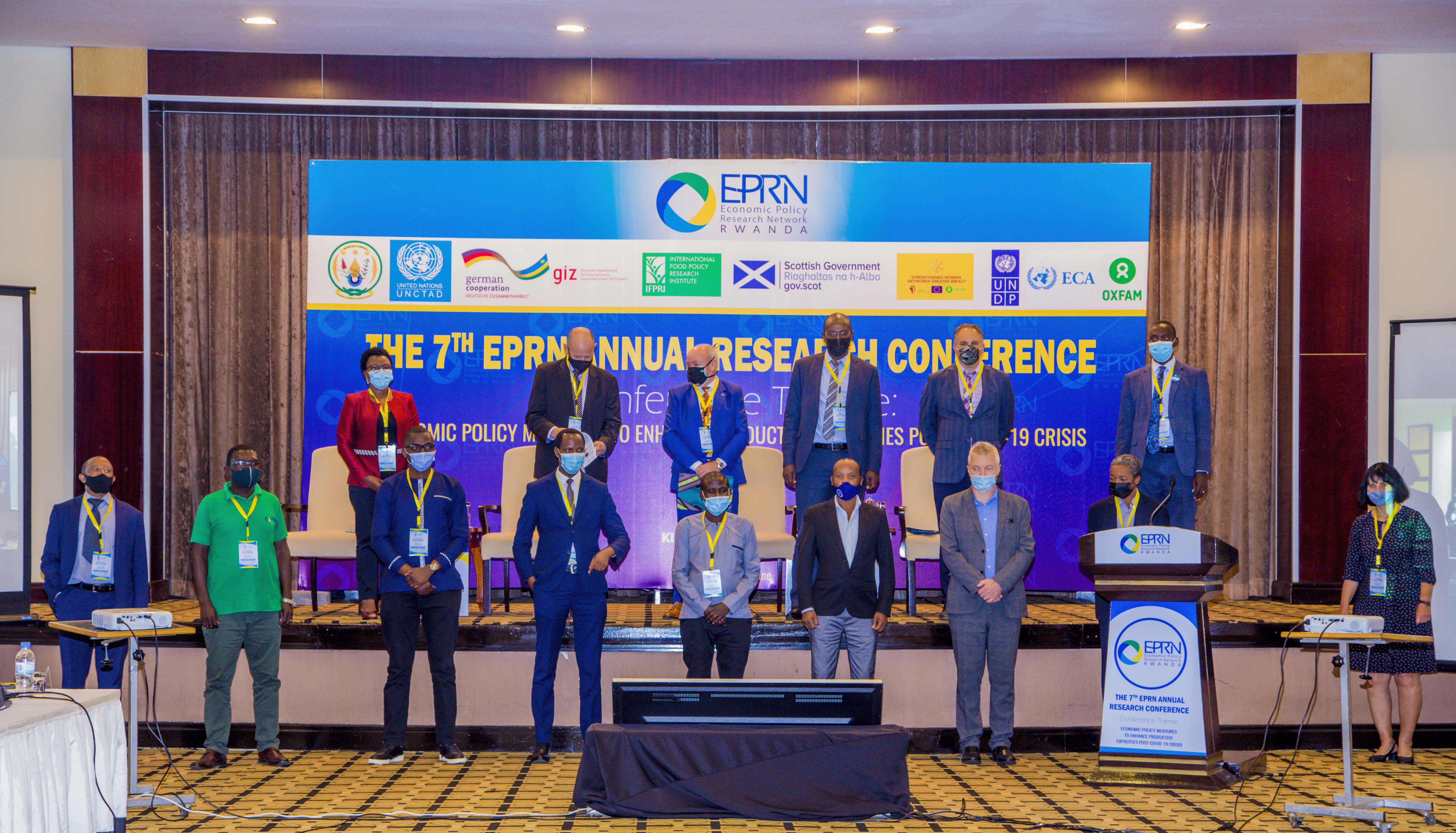POLICY DIALOGUE ON INVESTING IN CHILDREN AND YOUNG PEOPLE IN RWANDA
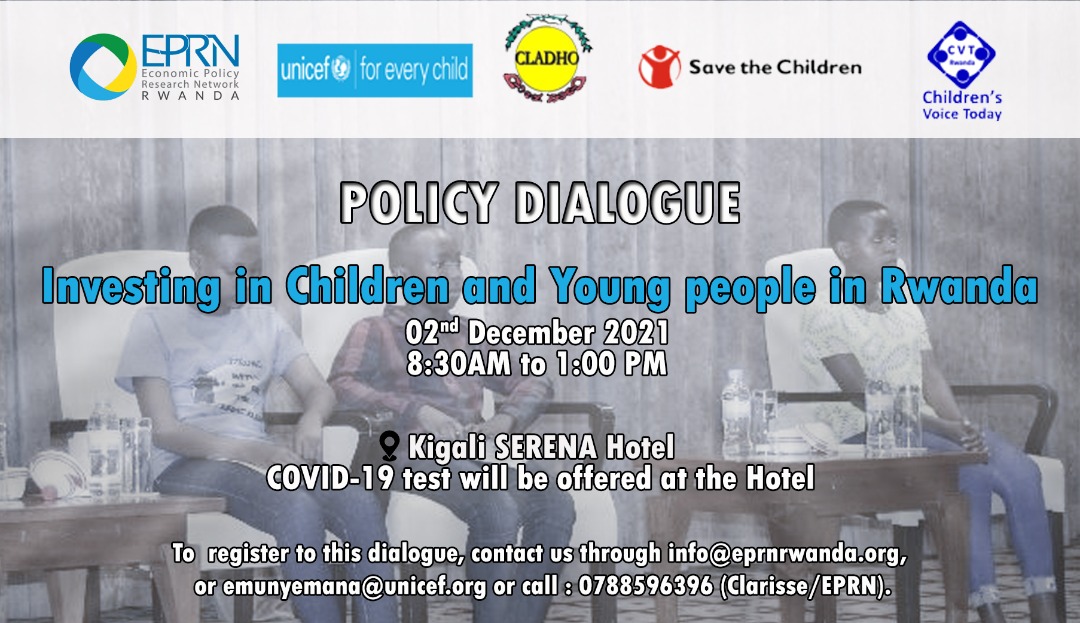
Venue : Serena Hotel Kigali
Date : 2nd December 2021
1. Background
Article 4 of the Convention on the Rights of the Child provides for the obligation of States’ Governments to invest the appropriate resources for guaranteeing that all the rights safeguarded by the convention are fulfilled “to the maximum extent of their available resources”. Safeguarding of these rights requires States to engage in budgeting processes that allocate the necessary amount of resources to provide access to social services for all children for them to be able to reach their full potential […]”.
In June 2016, the UN Committee on the Rights of the Child made general comment No. 19 on Public budgeting for the realization of children’s rights which sets out detailed guidance to states on their obligation to invest in children. The UN Committee recommends open, inclusive and accountable resource mobilization, budget allocation and spending. It clearly states that States must not discriminate against any child through resource mobilization, budgeting and spending. The committee underlined the fact that State parties are obligated to take measures within their budget processes to generate revenue and manage expenditures in a way that is sufficient to realize the rights of the child and suggested governments to refer to principles of effectiveness, efficiency, equity, transparency and sustainability as tool of resource mobilization.
The outbreak of COVID-19 in 2020 has not only affected health sector ; its devastating effects have expanded to various sectors of the economy. In Rwanda, the death toll caused by COVID-19 amounted to more than 1,300 casualties by mid-November 2021 while the economy contracted to 3.4 per cent in 2020 down from 9.4 per cent in 2019. The economic down fall recorded has been the deepest for the past 20 years ; school closure has resulted in significant learning losses which will result into long term negative effects to Rwandan children, while the poverty rate is believed to have significantly increased across the country.
According to Debt Sustainability Assessment report by MINECOFIN of 2020, the effects of COVID-19 have also had implications on the country’s public finance situation due to increased demand for public funds to address the health and socio-economic crisis. As a result : (i) the overall fiscal deficit as a percentage of GDP increased from -5.1 per cent in 2018/19 (Pre-COVID-19) to - 9.1 per cent in 2019/2020 and the deficit is projected to reach 9.2 per cent ; (ii) the size of public debt as a share of GDP from 56.8 per cent in 2019 to 71.3 per cent by the end of 2020. The public debt level is projected to increase to 75.9 per cent of GDP in 2021 and further to 81.6 per cent in 2022, and (iii) the debt distress level moved to moderate from low debt distress in 2020, and the buffers to accommodate any additional shocks on the economy have diminished.
The Government of Rwanda has established strategic measures for recovery from the pandemic as outlined in Rwanda’s Economic Recovery Plan (ERP) and Social Protection Response Plan. The ERP outlines four major priorities to support Rwandan economy to return to the pre-pandemic socio-economic trajectory ;
• Contain the pandemic and strengthen the health system through improving health sector infrastructure, Human Resource for Health, and IT systems
• Mitigate the impacts of the COVID-19 economic crisis on households’ income by scaling-up Social Protection through provision of immediate social protection assistance to the most vulnerable population
• Ensure food self-sufficiency by increasing agriculture production and
• Support businesses and protect jobs.
Implementing the above priority actions was expected to cost government finance about 3.3 per cent of GDP, thus the government faces the double challenge of reduced fiscal space to finance critical sectors and the increasing demand for the public finance to support the economy to return to a normal trajectory of growth.
It is against this background that there is a need to engage policy makers and development partners with the aim of enhancing strategic reflections on the required investments with a particular focus on priority sectors for children and young people in Rwanda in order to ensure that human capital gains achieved over the past decades are prioritized in government budgeting. In this context, discussing strategic mechanisms to maximize the demographic dividend both in short and medium terms is also essential.
2. Objectives
The main objective of the public policy dialogue on investment in children and young people is to enable stakeholders from the Government (central and districts), Development Partners, Non-Government Organizations, Faith-based organizations, Private sector organizations, research and academia to reflect on the investment needs for children and young people in Rwanda towards the achievement of highly productive human capital through a participatory approach and efficient utilization of public funds.
Specifically, the policy dialogue will be an opportunity to :
• Share the findings of recent analytical works including budget briefs conducted around public financing for children and young people in 2021/22 and progress against SDGs
• Share the experience on citizen participation including children and adolescents’ engagement and the distribution of the citizen’s guide to the national budget 2021/22
• Discuss financing mechanisms which could contribute to reducing the fiscal gap while safeguarding social sectors spending.
3. Expected results
It is expected that after the policy dialogue, participants will have : (i) An increased understanding of the scale and level of investments made by the government to finance the priority sectors for children (Public Financing for Children) in Rwanda in 2021/22 and SDG statistics ; (ii) increased awareness on the efforts made by the Government and other stakeholders to promote citizen participation and accountability ; (iii) Increased understanding on the options for reducing fiscal gap while maintaining the social sectors spending.
4. Participants
The policy dialogue will bring together high level and strategic partners from the following institutions :
• Government (Ministries, Agencies, and decentralized entities) and Parliament
• International Non-Government organizations
• Development partners (UN Agencies, International Financial Institutions, Bilateral Agencies/ Organizations)
• Civil society and faith-based organizations
• Academia, Research and think tanks
• Private Sector Federation.
5. Date and Venue
This dialogue is scheduled on Thursday, 02nd December 2021 from 09:00 am to 13:00 at Serena Hotel Kigali.
Concept note
Doc 1




